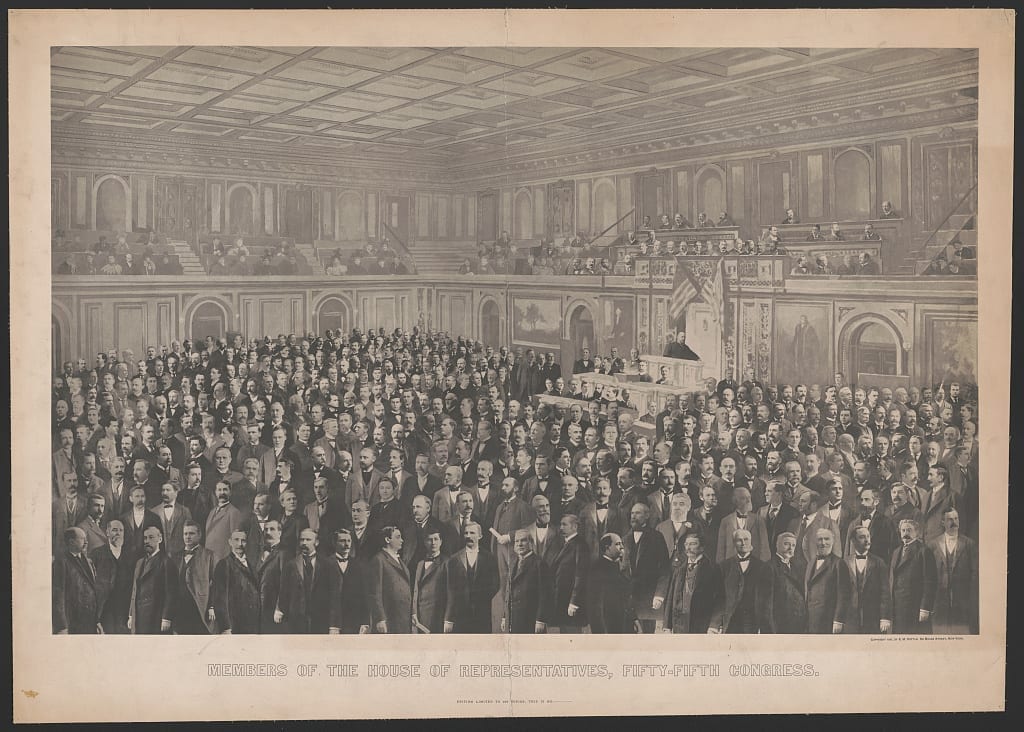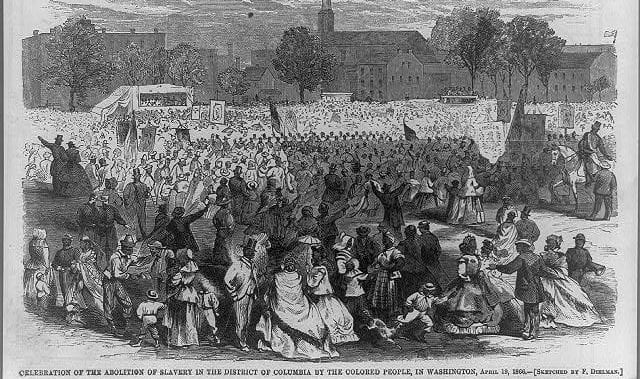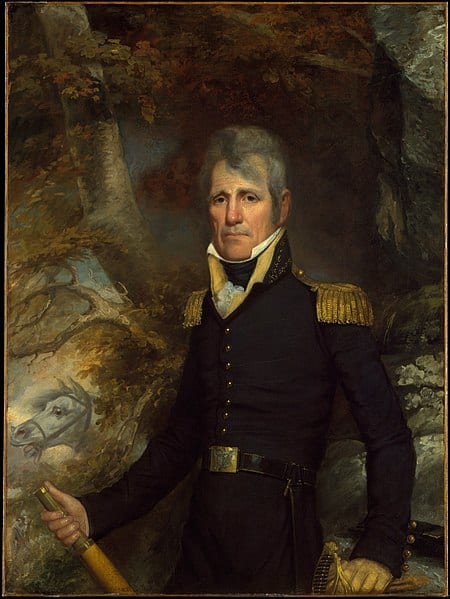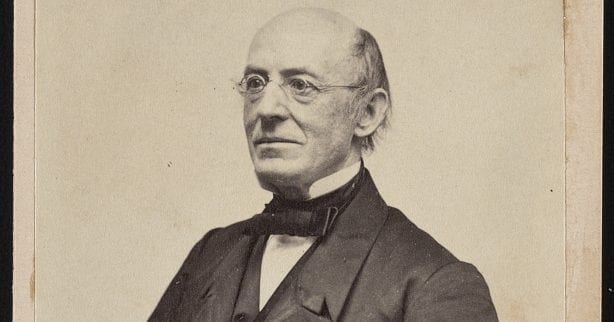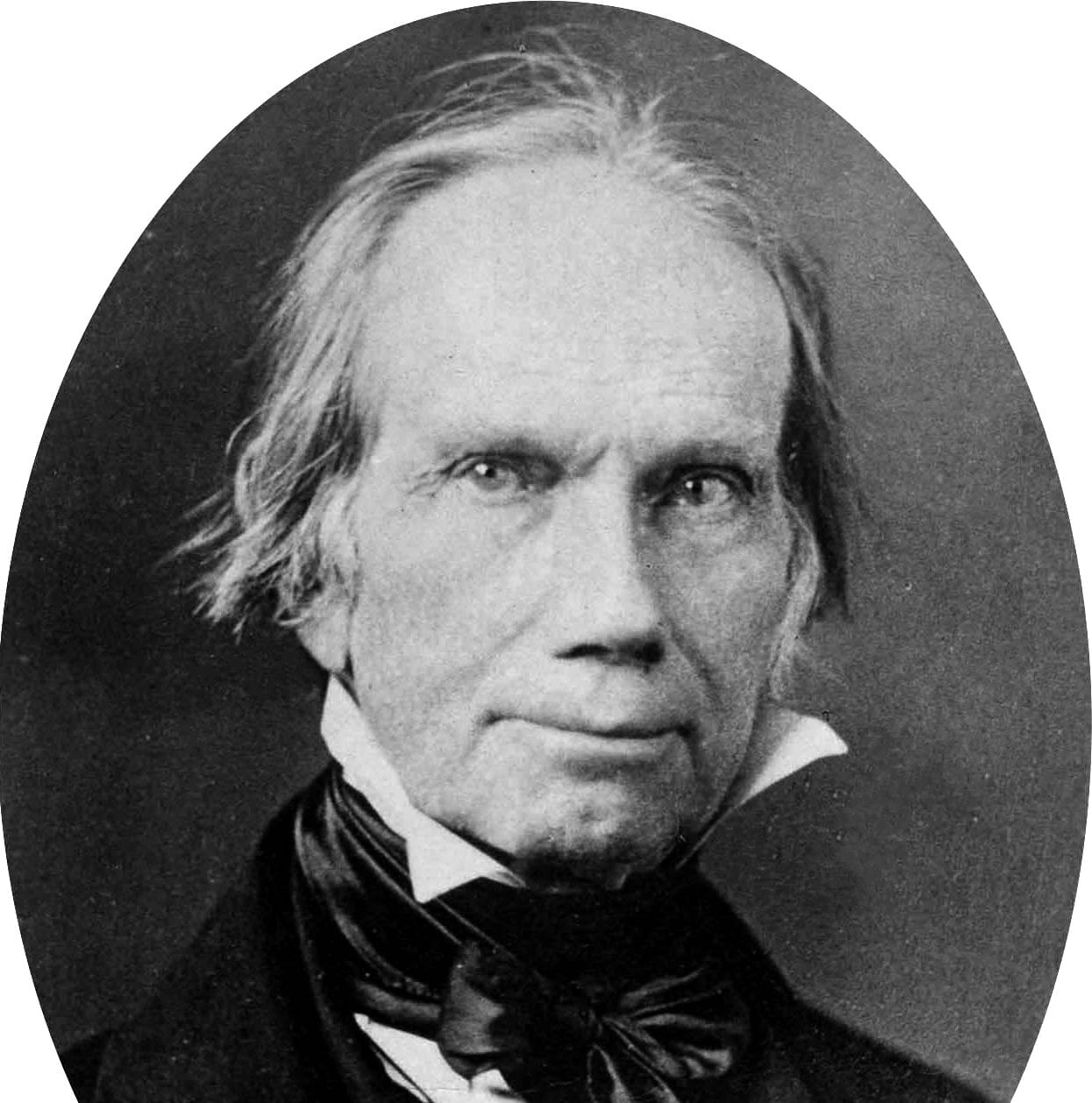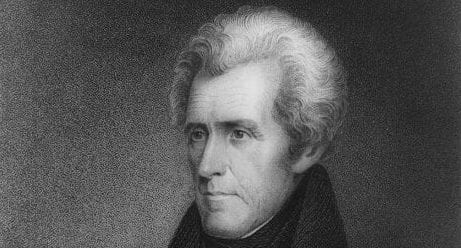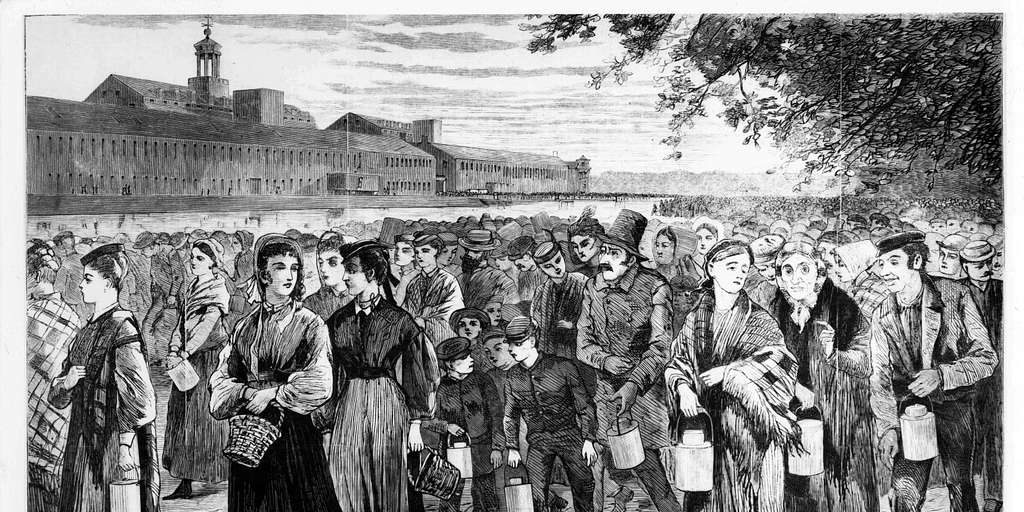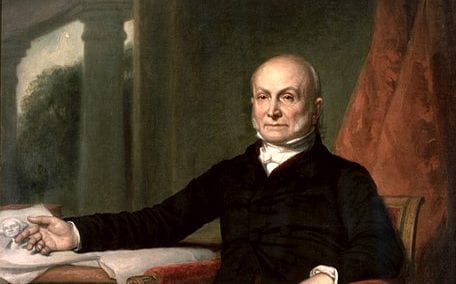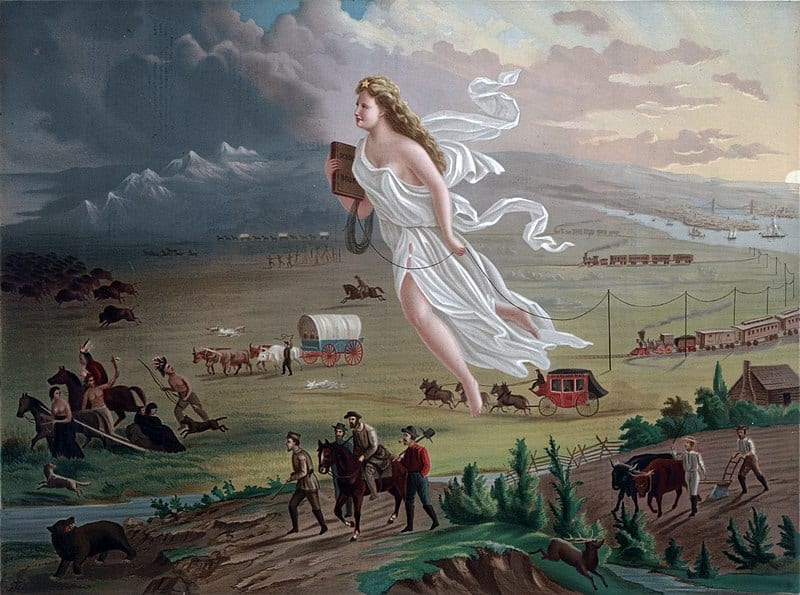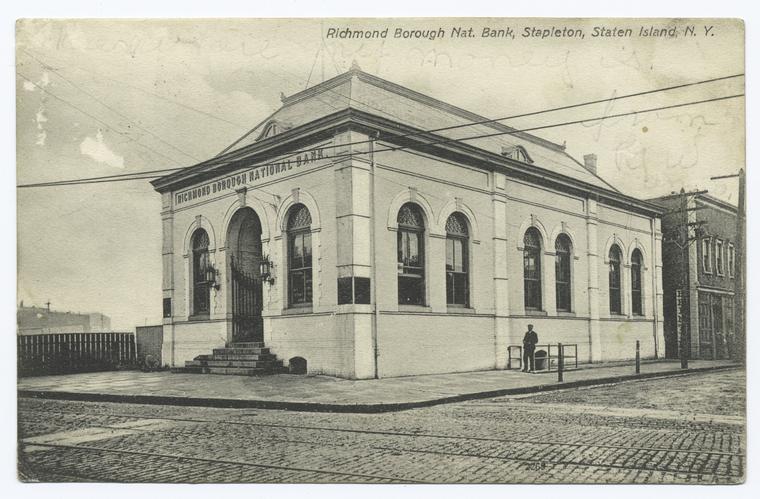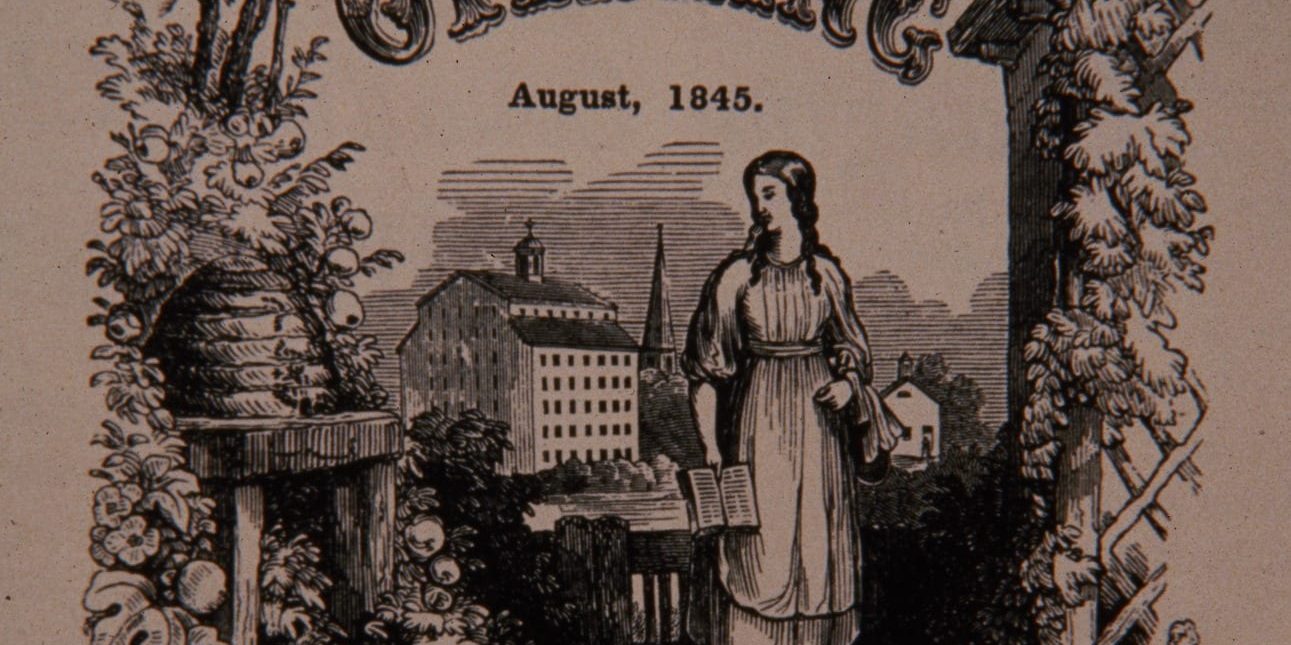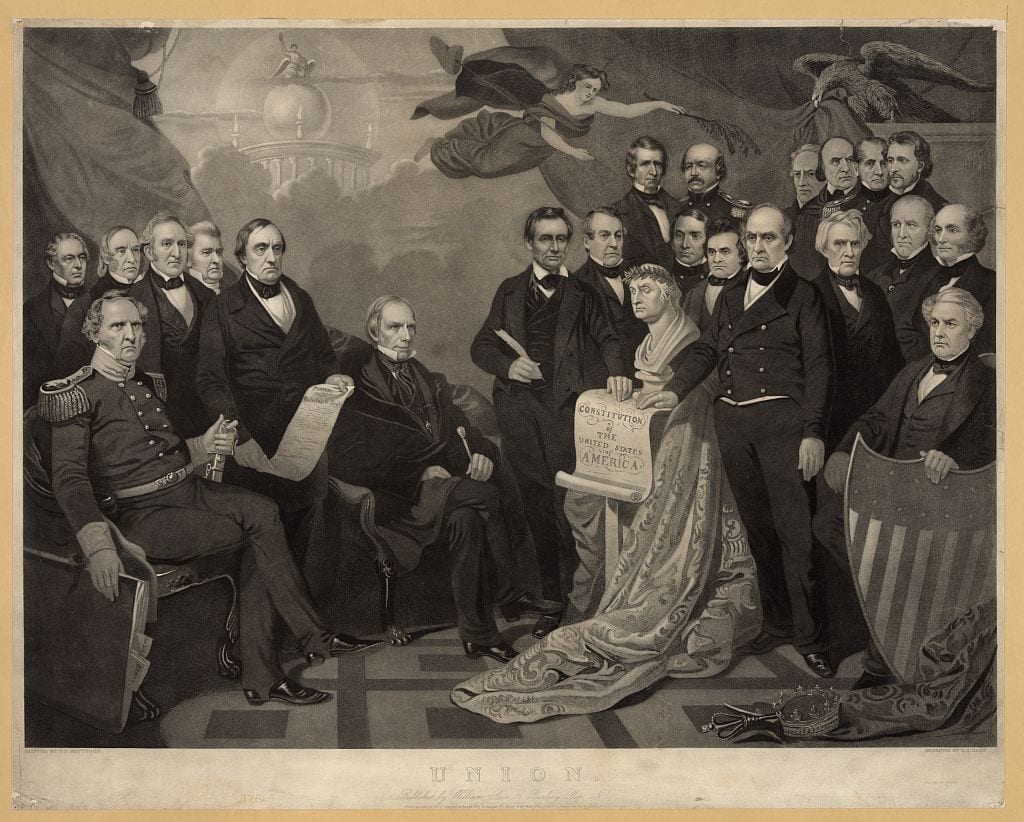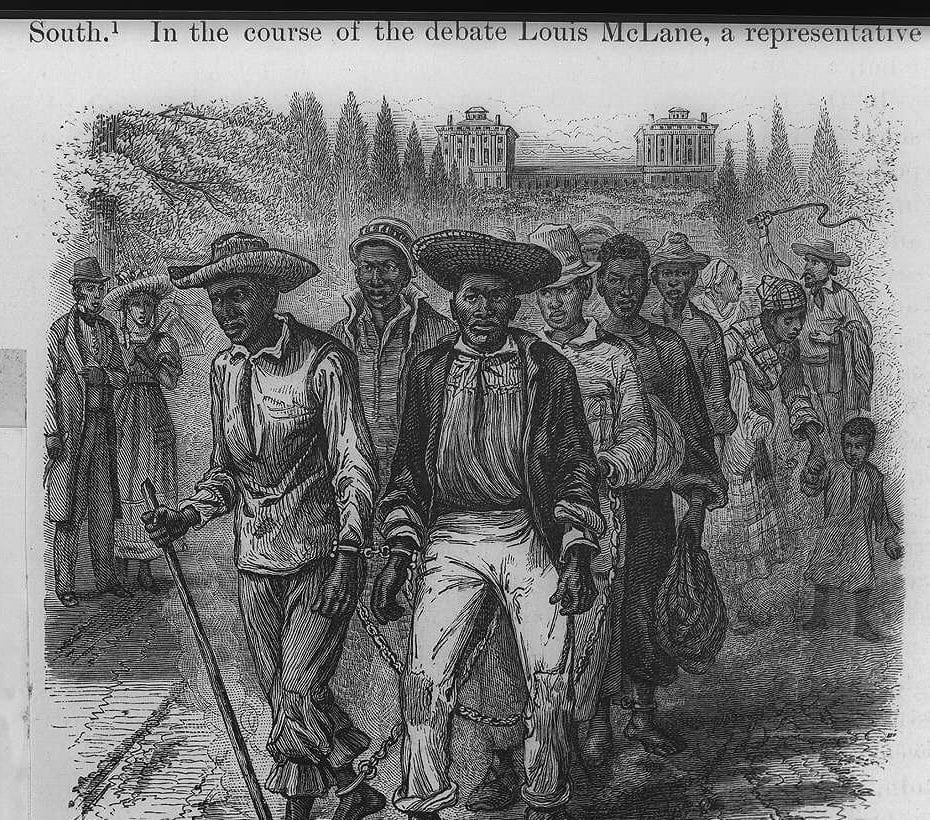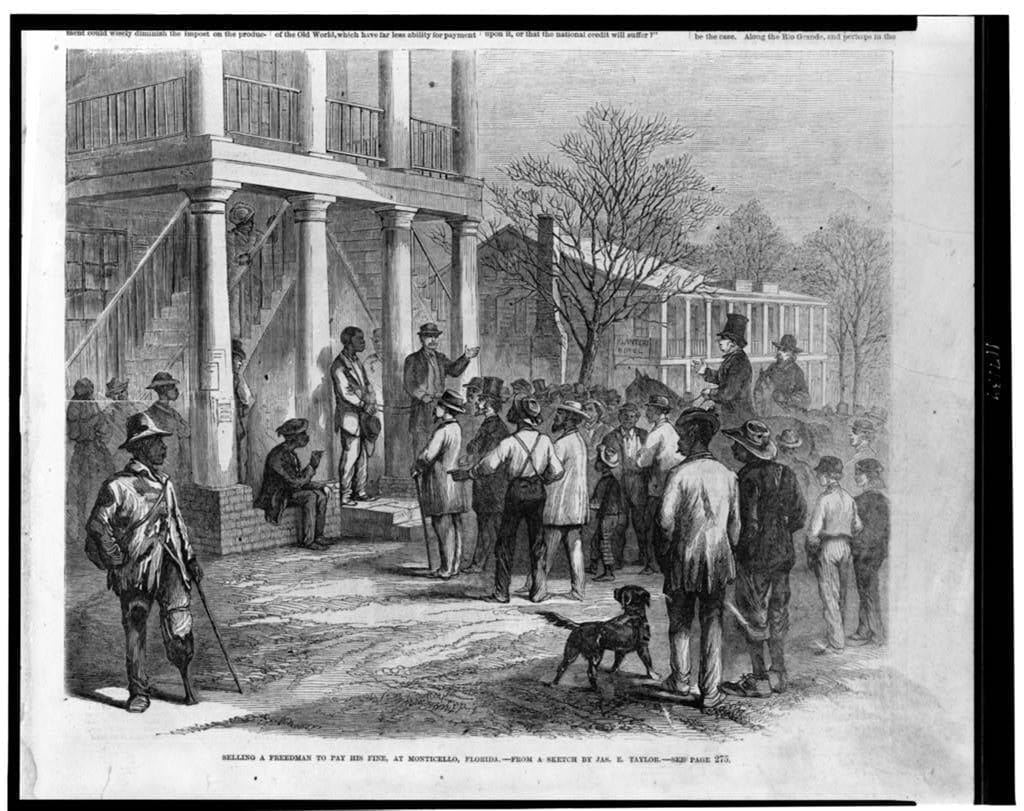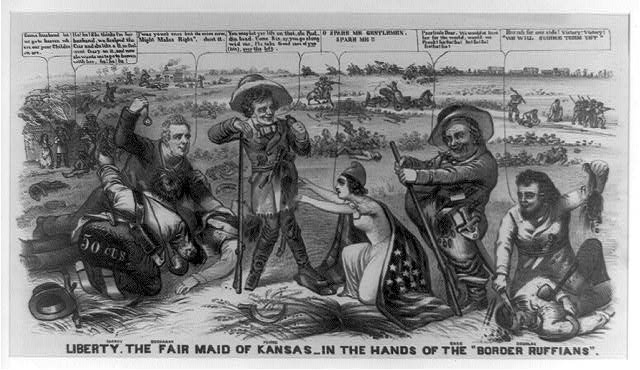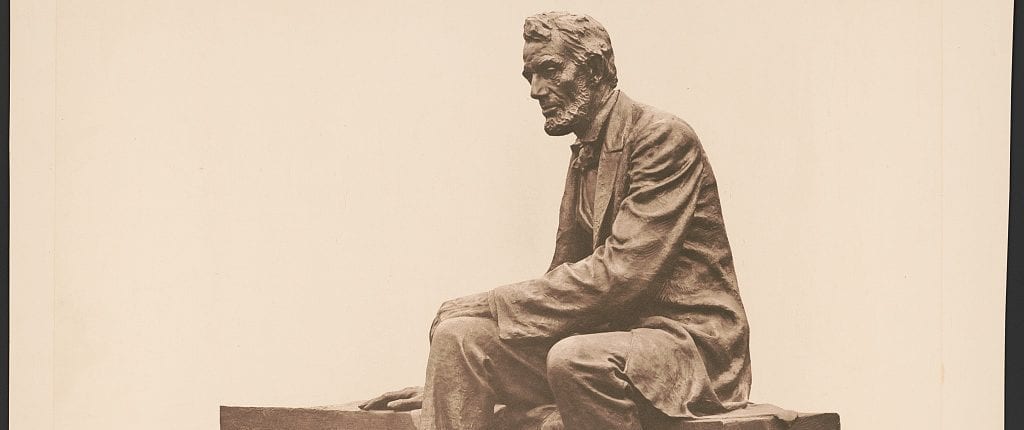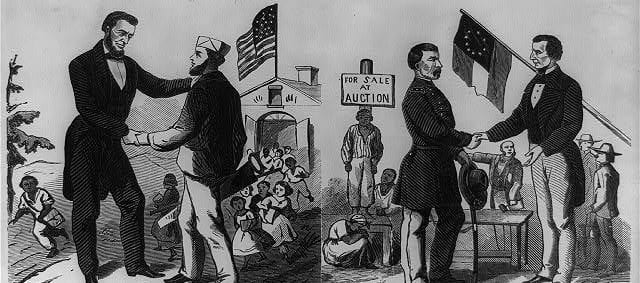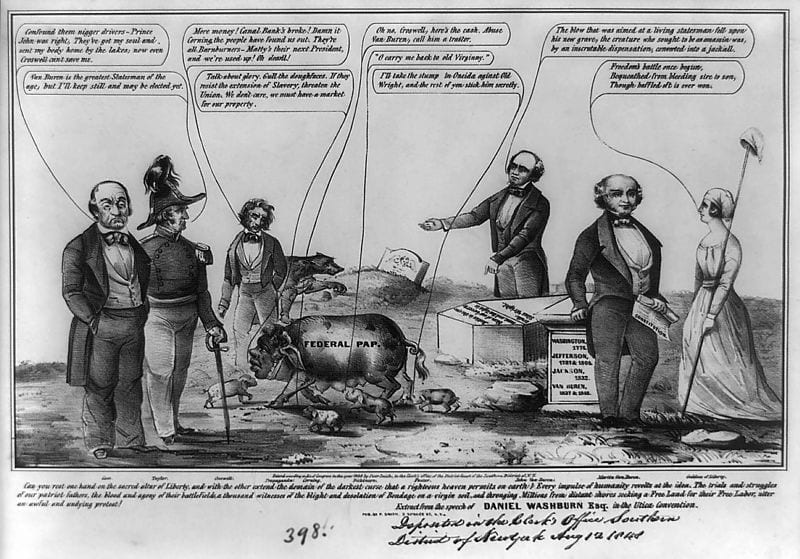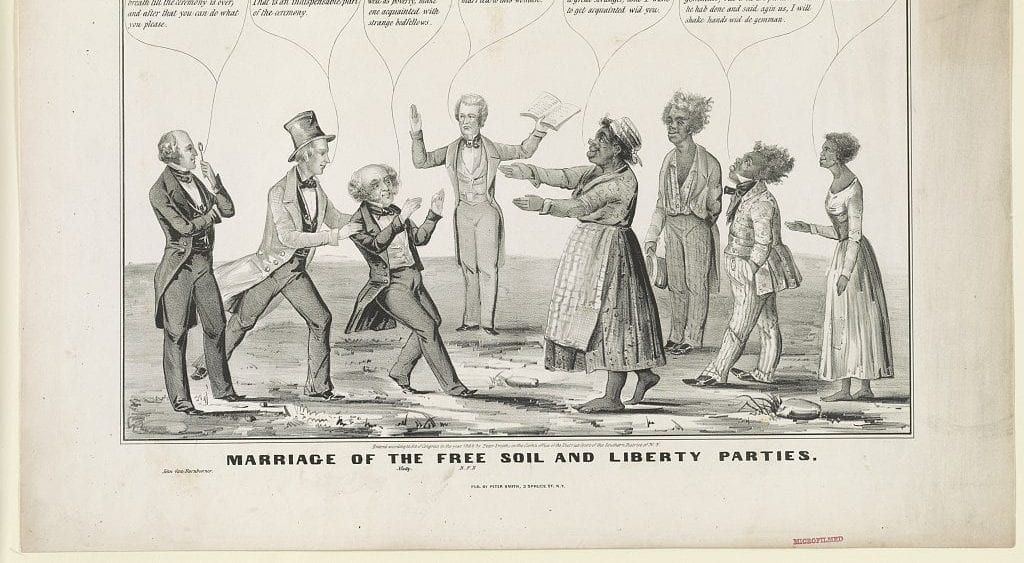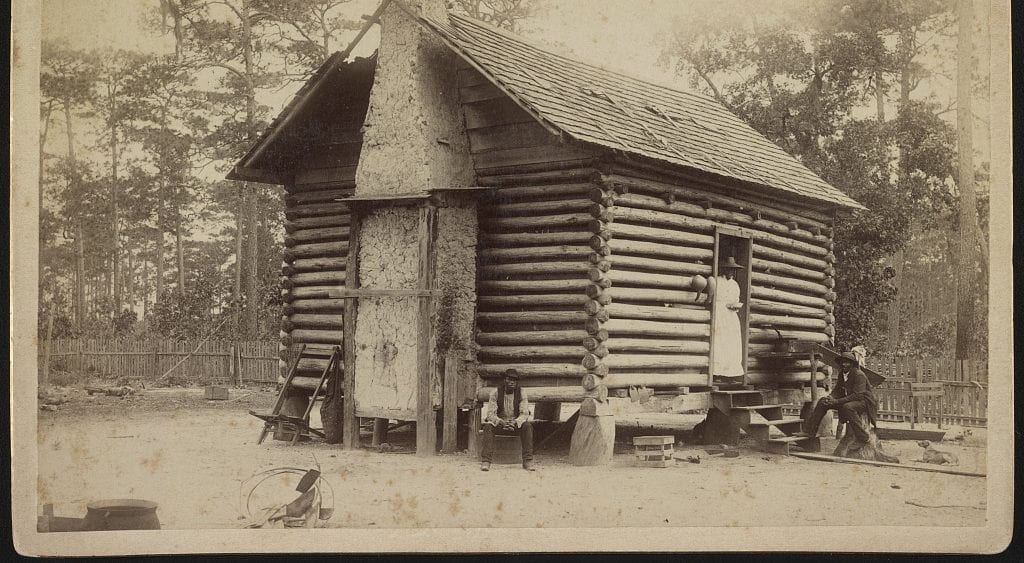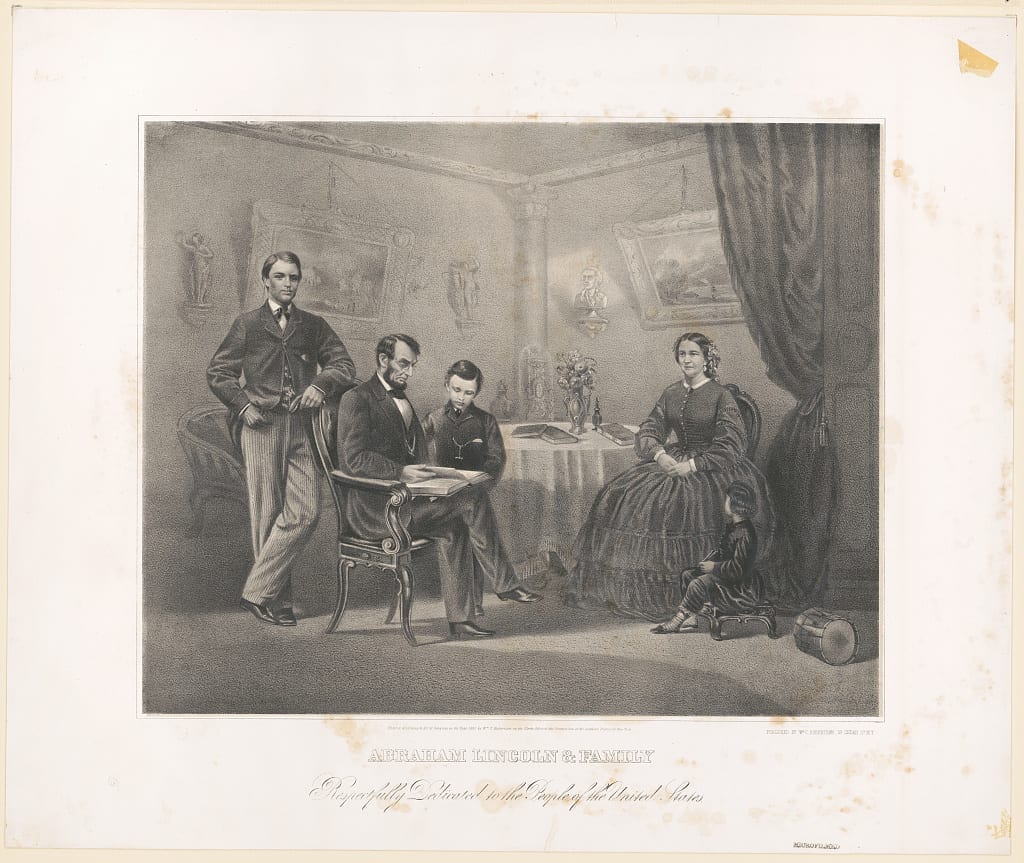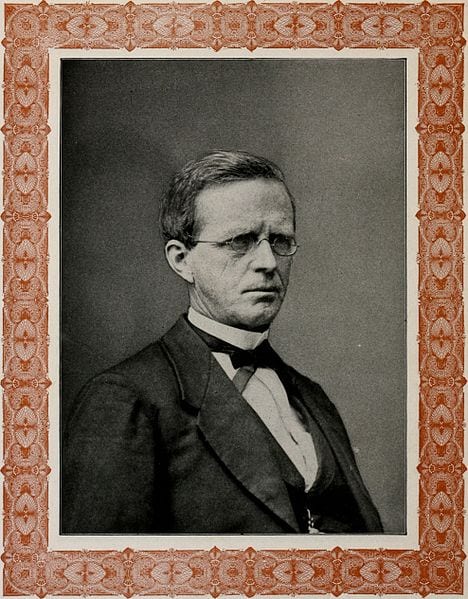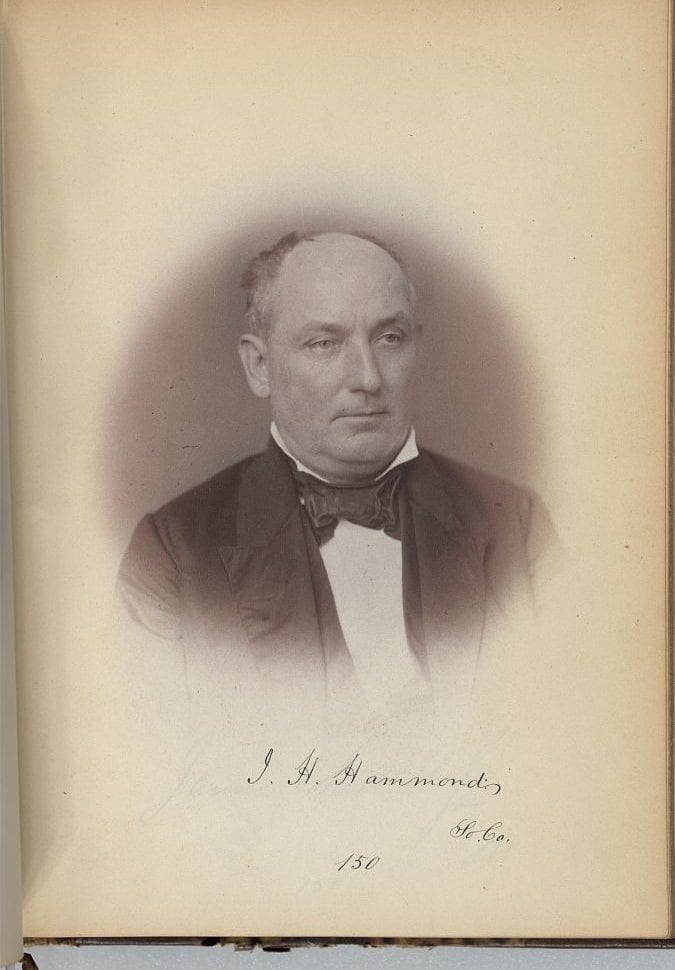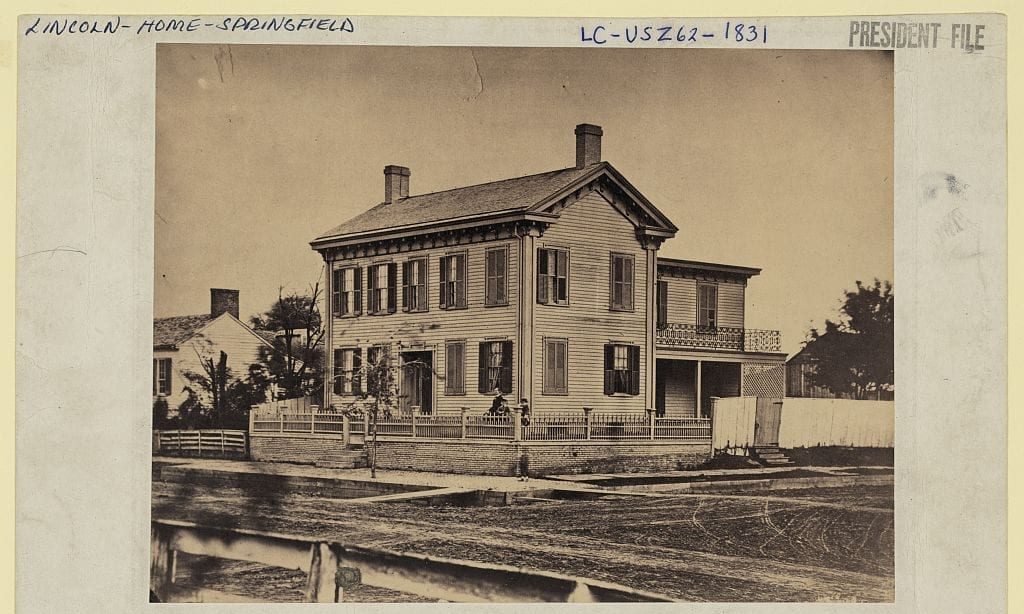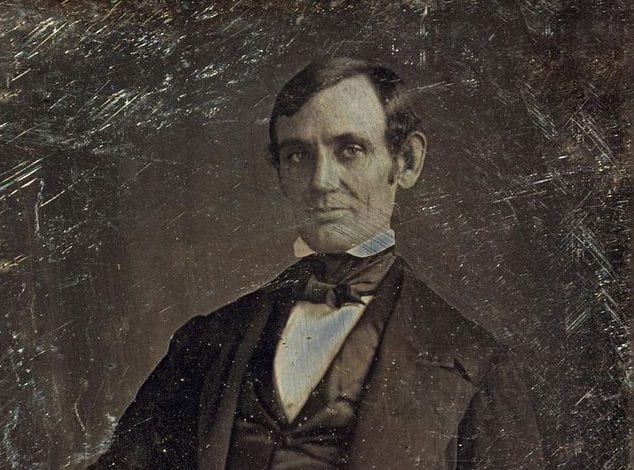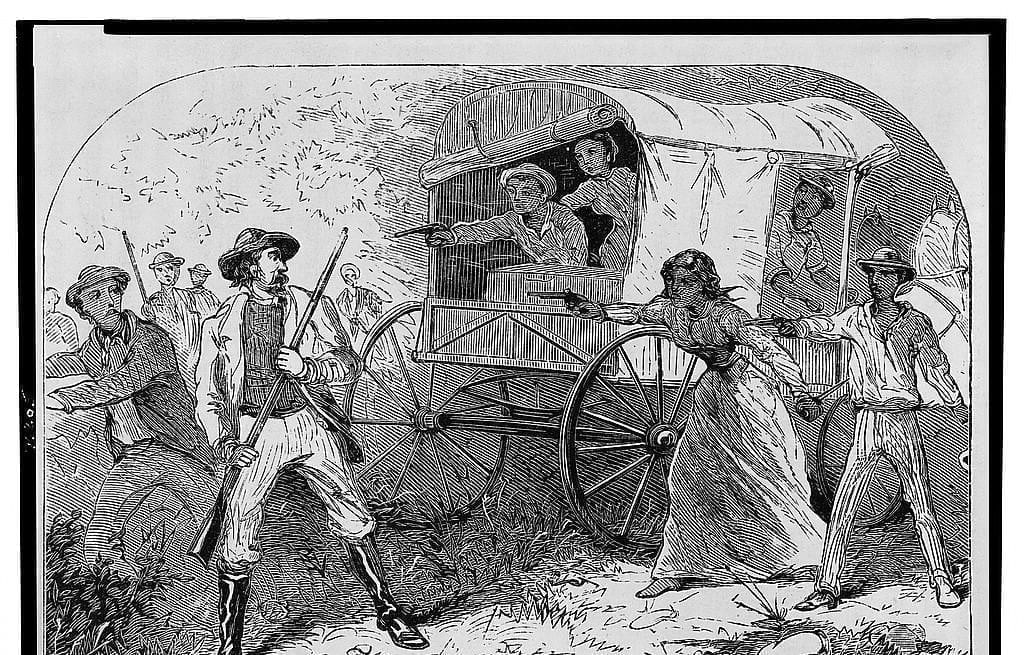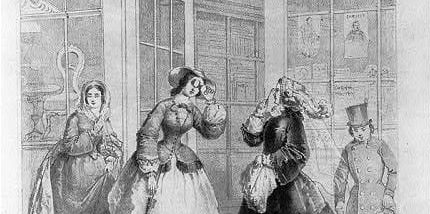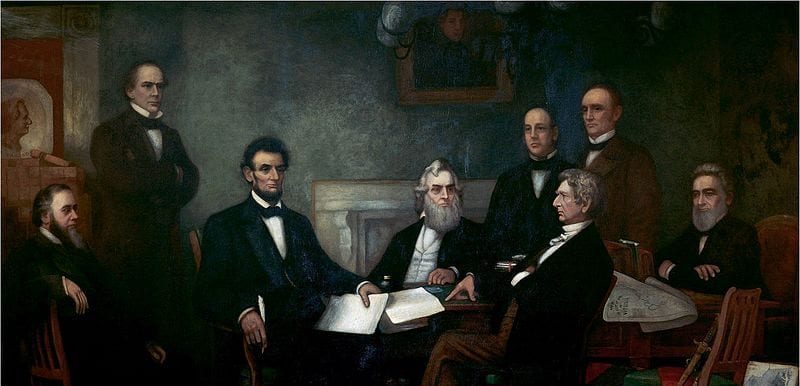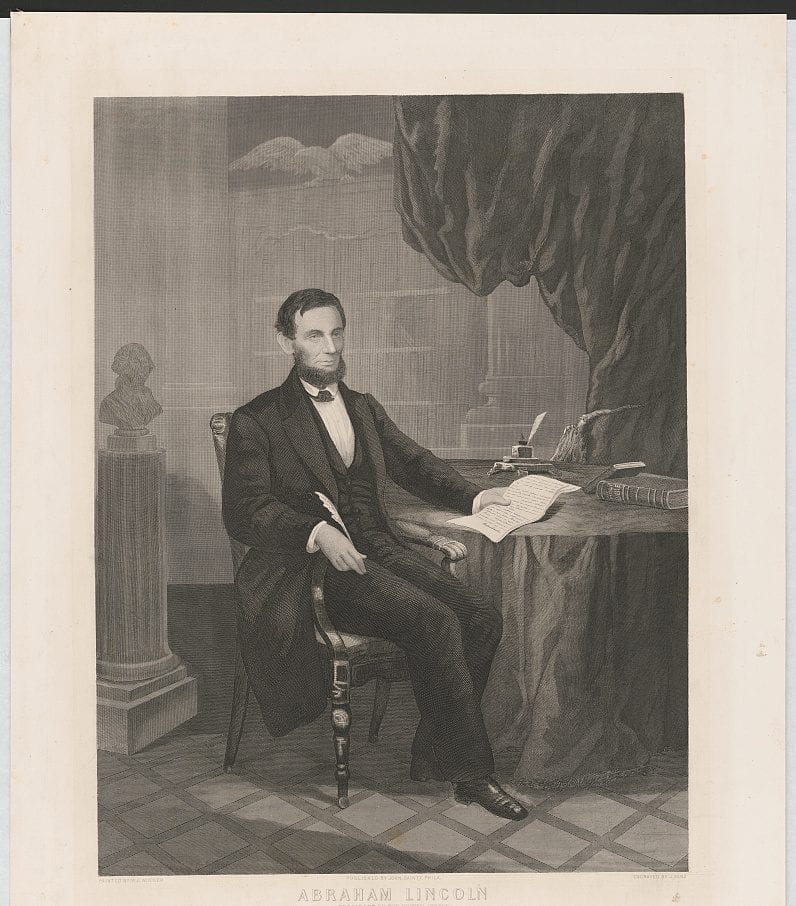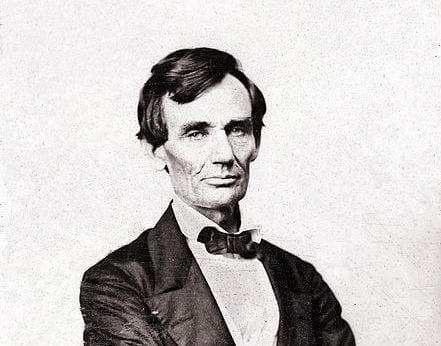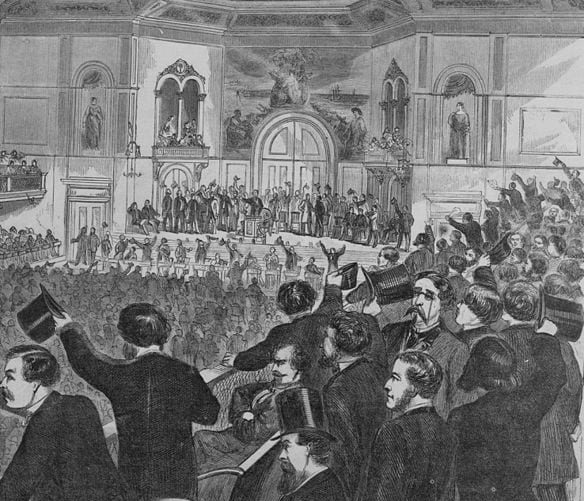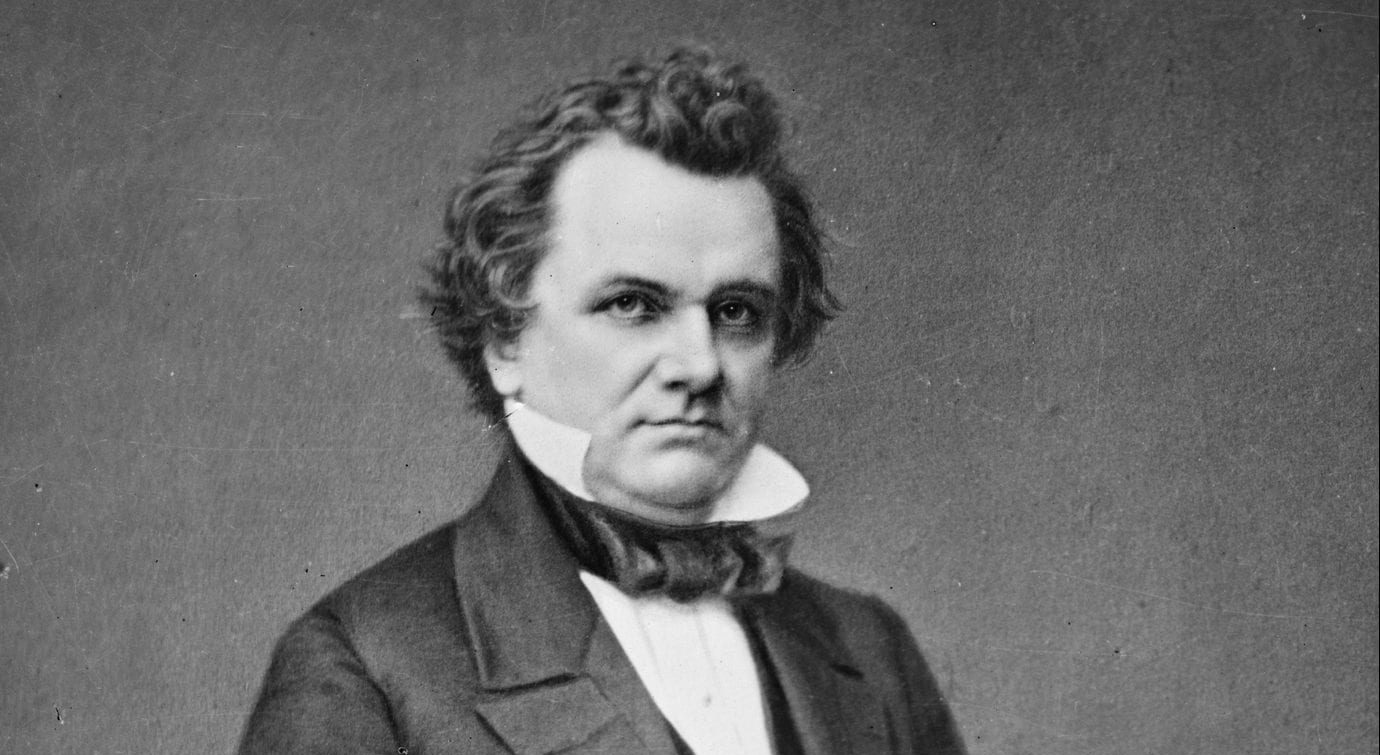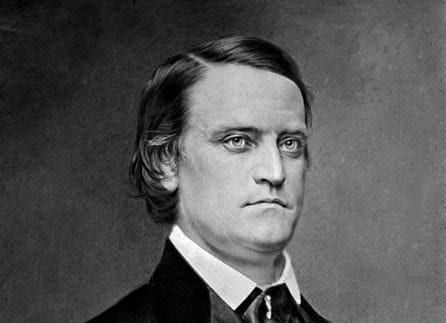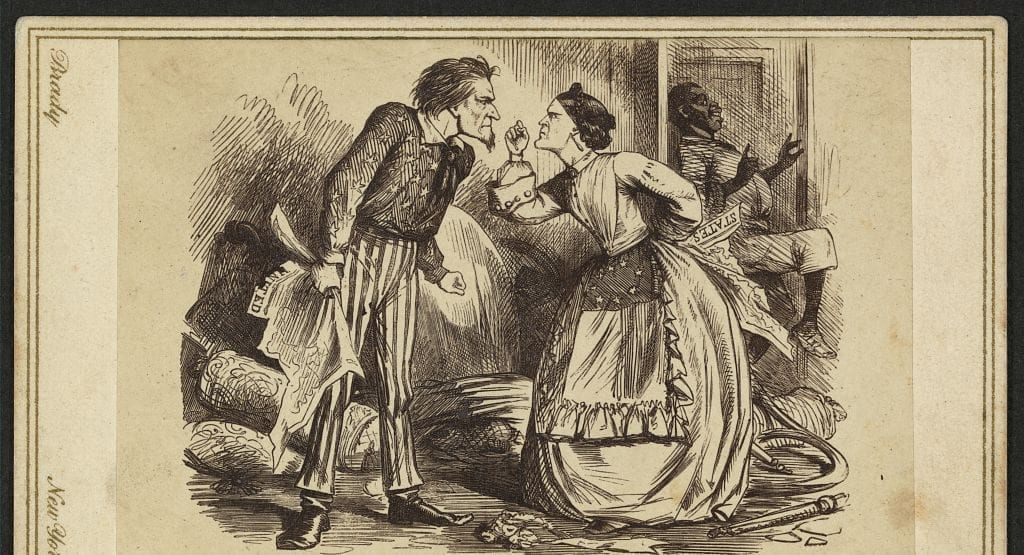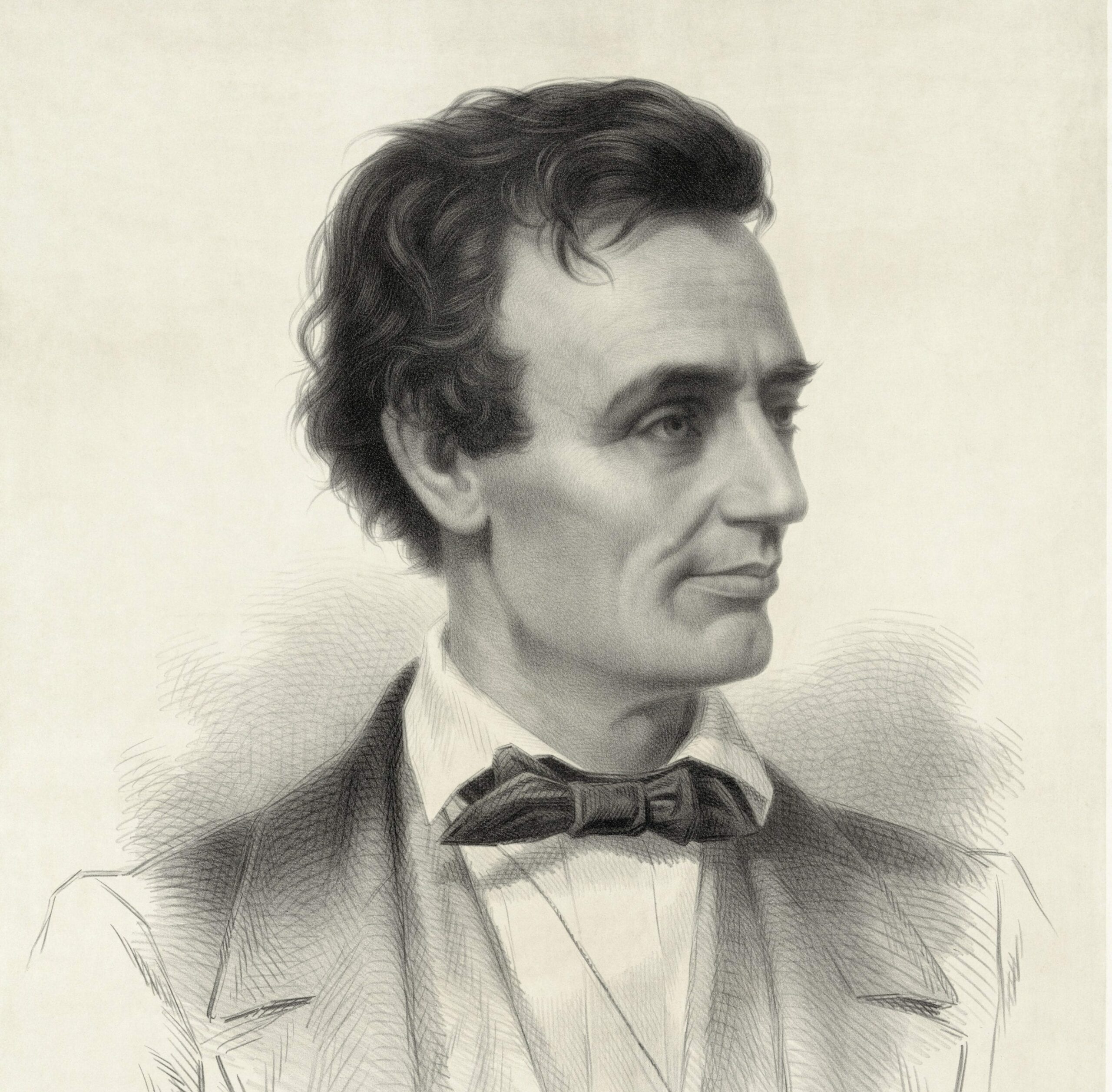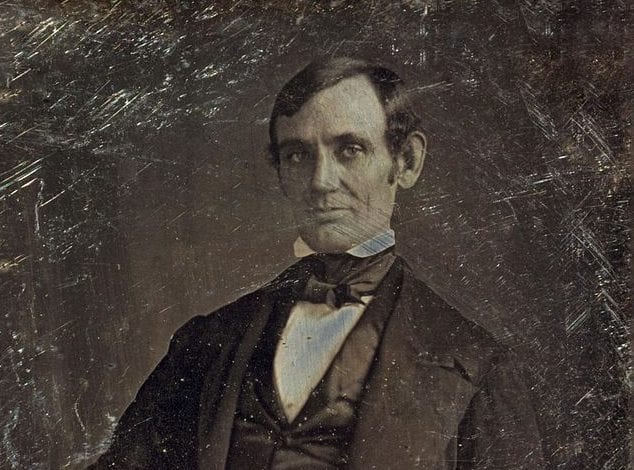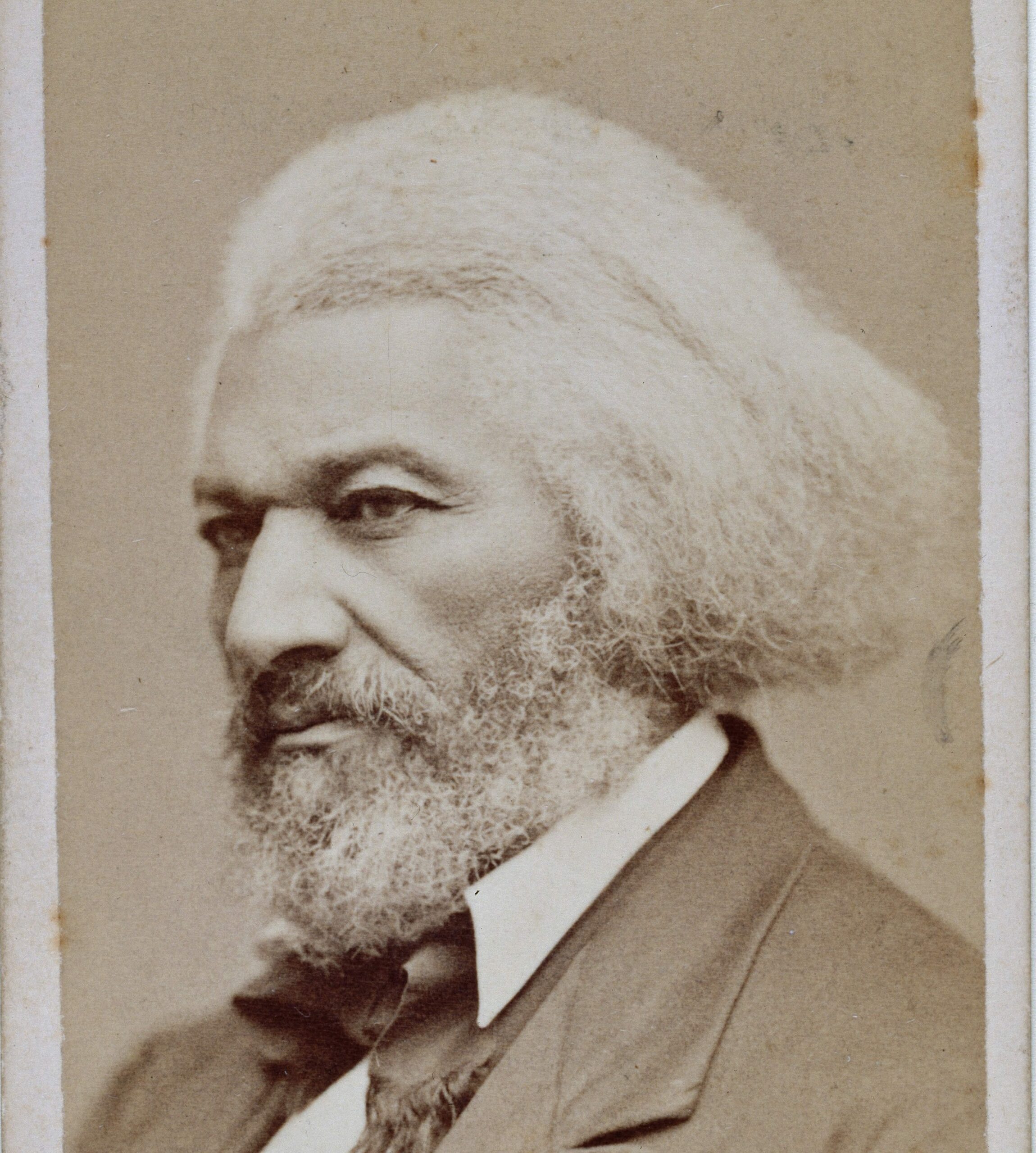


Introduction
A major slavery apologist of the antebellum period, James Henry Hammond (1807–1864) served in the U.S. House of Representatives and as governor of South Carolina before entering the U.S. Senate in 1857. Hammond was well known to the public for his defense of slavery, which continued until his resignation from the Senate in 1860, following the secession of South Carolina. His most famous address from the Senate floor came in early 1858. Its occasion was the debate over the admission of Kansas under what was known as the Lecompton Constitution, a pro-slavery document. Stephen A. Douglas (1813–1861), Democratic Senator of Illinois, the architect of the Kansas-Nebraska Act (discussed in Speech on the Repeal of the Missouri Compromise and Appendix D) and a proponent of the people’s right to choose whether a territory would be slave or free, opposed the Lecompton Constitution because of the voting fraud that led to its adoption. Hammond claimed that anti-slavery senators were exploiting the rift between northern and southern Democrats over the Lecompton Constitution to destroy the party and take over the national government.
Anticipating the consequences of such a takeover (the secession of the southern states from the union), Hammond extolled the power of the South. Expressing the confidence, if not arrogance, of the South as the sectional conflict moved toward war, Hammond portrayed the South as a powerful empire. Through its cotton production, the south created the North’s prosperity; through its agricultural wealth and geographical position, the South ruled or could rule the world. “Cotton is King,” he declared (compare Mississippi Declaration of the Causes of Secession). As the Civil War revealed, Hammond exaggerated the wealth and power of the south. Historians continue to debate how much the plantation economy of the south contributed to America’s economic growth (see Olmstead and Rhode in Appendix G).
Hammond’s speech is also famous for its articulation of the “mud sill” theory, which stated that in every society there must of necessity be a lower class to provide for the support and maintenance of the upper class. (The mudsill is the lowest part of a wall.) Like other apologists for slavery, Hammond argued that the South’s social organization was superior to the North’s. In doing so, Hammond’s social theory denied the principle of human equality found in the Declaration of Independence. To understand the difference between the North and the South, free labor and slavery, it is useful to compare Hammond’s argument with those for free labor of William H. Seward, whom Hammond criticizes in this speech, and Abraham Lincoln.
It is worth noting that in explaining the antagonism of the North and South, Hammond mentions the great issues of antebellum politics: tariffs, internal improvements, and the national bank. All of these issues revolved around the central question of the power of the national government, and behind that question was slavery. The more powerful the national government, the more of a threat it posed to slavery, if the government fell into hands hostile to slavery.
Source: Speech of the Honorable John H. Hammond, of South Carolina, on the Admission of Kansas under the Lecompton Constitution, Delivered in the Senate of the United States, March 4, 1858 (Washington: Printed by Lemuel Towers, 1858), https://hdl.handle.net/2027/loc.ark:/13960/t7jq19w4m
. . . They [opponents of slavery, beginning to coalesce as the Republican party] intend to make [Kansas] a free state as soon as they have effected their purpose of destroying the Democratic Party at the North, and now their chief object here is to agitate slavery. For one, I am not disposed to discuss that question here in any abstract form. I think the time has gone by for that. Our minds are all made up. I may be willing to discuss it—and that is the way it should be and must be discussed—as a practical thing, as a thing that is, and is to be and to discuss its effect upon our political institutions, and ascertain how long those institutions will hold together with slavery ineradicable.
The senator from New York[1] entered very fairly into this field yesterday. . . . He said that it was their intention to take this government from unjust and unfaithful hands, and place it in just and faithful hands; that it was their intention to consecrate all the territories of the Union to free labor; and that, to effect their purposes, they intended to reconstruct the Supreme Court.[2] . . .
. . . But what guarantee have we, when you have this government in your possession, in all its departments, even if we submit quietly to what the senator exhorts us to submit to—the limitation of slavery to its present territory, and even to the reconstruction of the Supreme Court—that you will not plunder us with tariffs; that you will not bankrupt us with internal improvements and bounties on your exports; that you will not cramp us with navigation laws, and other laws impeding the facilities of transportation to southern produce? What guarantee have we that you will not create a new bank, and concentrate all the finances of this country at the North, where already, for the want of direct trade[3] and a proper system of banking in the South, they are ruinously concentrated? Nay, what guarantee have we that you will not emancipate our slaves, or, at least, make the attempt? We cannot rely on your faith when you have the power. It has been always broken whenever pledged. As I am disposed to see this question settled as soon as possible, and am perfectly willing to have a final and conclusive settlement now, after what the senator from New York has said, I think it not improper that I should attempt to bring the North and South face to face, and see what resources each of us might have in the contingency of separate organizations.[4]
If we never acquire another foot of territory for the South, look at her. Eight hundred and fifty thousand square miles. As large as Great Britain, France, Austria, Prussia and Spain. Is not that territory enough to make an empire that shall rule the world? With the finest soil, the most delightful climate, whose staple productions none of those great countries can grow, we have three thousand miles of continental seashore line so indented with bays and crowded with islands, that, when their shore lines are added, we have twelve thousand miles. Through the heart of our country runs the great Mississippi, the father of waters, into whose bosom are poured thirty-six thousand miles of tributary rivers; and beyond we have the desert prairie wastes to protect us in our rear. Can you hem in such a territory as that? You talk of putting up a wall of fire around eight hundred and fifty thousand square miles so situated! How absurd.
But, in this territory lies the great valley of the Mississippi, now the real, and soon to be the acknowledged seat of the empire of the world. The sway of that valley will be as great as ever the Nile knew in the earlier ages of mankind. We own the most of it. The most valuable part of it belongs to us now; and although those who have settled above us are now opposed to us, another generation will tell a different tale. They are ours by all the laws of nature; slave-labor will go over every foot of this great valley where it will be found profitable to use it, and some of those who may not use it are soon to be united with us by such ties as will make us one and inseparable. The iron horse will soon be clattering over the sunny plains of the South to bear the products of its upper tributaries of the valley to our Atlantic ports, as it now does through the ice-bound North. And there is the great Mississippi, a bond of union made by nature herself. She will maintain it forever.
On this fine territory we have a population four times as large as that with which these colonies separated from the mother country, and a hundred, I might say a thousand-fold stronger. Our population is now sixty per cent greater than that of the whole United States when we entered into the second war of independence.[5] It is as large as the whole population of the United States was ten years after the conclusion of that war, and our own exports are three times as great as those of the whole United States then. Upon our muster-rolls we have a million of men. In a defensive war, upon an emergency, every one of them would be available. At any time, the South can raise, equip, and maintain in the field, a larger army than any Power of the earth can send against her, and an army of soldiers—men brought up on horseback, with guns in their hands.
If we take the North, even when the two large states of Kansas and Minnesota shall be admitted, her territory will be one hundred thousand square miles less than ours. I do not speak of California and Oregon; there is no antagonism between the South and those countries, and never will be. The population of the North is fifty per cent greater than ours. I have nothing to say in disparagement either of the soil of the North, or the people of the North, who are a brave and energetic race, full of intellect. But they produce no great staple that the South does not produce; while we produce two or three, and these are the very greatest, that she can never produce. As to her men, I may be allowed to say, they have never proved themselves to be superior to those of the South, either in the field or in the Senate.
But the strength of a nation depends in a great measure upon its wealth, and the wealth of a nation, like that of a man, is to be estimated by its surplus production.[6] . . .
. . . With one-fourth the present tariff, she would have a revenue with the present tariff adequate to all her wants, for the South would never go to war; she would never need an army or a navy, beyond a few garrisons on the frontiers and a few revenue cutters. It is commerce that breeds war. It is manufactures that require to be hawked about the world, and that give rise to navies and commerce.[7] But we have nothing to do but to take off restrictions on foreign merchandise and open our ports, and the whole world will come to us to trade. They will be too glad to bring and carry us, and we never shall dream of a war. Why the South has never yet had a just cause of war except with the North. Every time she has drawn her sword it has been on the point of honor, and that point of honor has been mainly loyalty to her sister colonies and sister states, who have ever since plundered and calumniated her.
But if there were no other reason why we should never have war, would any sane nation make war on cotton? Without firing a gun, without drawing a sword, should they make war on us we could bring the whole world to our feet. . . . What would happen if no cotton was furnished for three years? I will not stop to depict what every one can imagine, but this is certain: England would topple headlong and carry the whole civilized world with her, save the South. No, you dare not make war on cotton. No power on earth dares to make war upon it. Cotton is king. Until lately the Bank of England was king; but she tried to put her screws as usual, the fall before last, upon the cotton crop, and was utterly vanquished. The last power has been conquered. Who can doubt, that has looked at recent events, that cotton is supreme? When the abuse of credit had destroyed credit and annihilated confidence; when thousands of the strongest commercial houses in the world were coming down, and hundreds of millions of dollars of supposed property evaporating in thin air; when you came to a dead lock, and revolutions were threatened, what brought you up?[8] Fortunately for you it was the commencement of the cotton season, and we have poured in upon you one million six hundred thousand bales of cotton just at the crisis to save you from destruction. . . .
But, sir, the greatest strength of the South arises from the harmony of her political and social institutions. This harmony gives her a frame of society, the best in the world, and an extent of political freedom, combined with entire security, such as no other people ever enjoyed upon the face of the earth.
In all social systems there must be a class to do the menial duties, to perform the drudgery of life. That is, a class requiring but a low order of intellect and but little skill. Its requisites are vigor, docility, fidelity. Such a class you must have, or you would not have that other class which leads progress, civilization, and refinement. It constitutes the very mud-sill[9] of society and of political government; and you might as well attempt to build a house in the air, as to build either the one or the other, except on this mud-sill. Fortunately for the South, she found a race adapted to that purpose to her hand. A race inferior to her own, but eminently qualified in temper, in vigor, in docility, in capacity to stand the climate, to answer all her purposes. We use them for our purpose, and call them slaves. We found them slaves by the common “consent of mankind,” which, according to Cicero, “lex naturae est.”[10] The highest proof of what is nature’s law. We are old-fashioned at the South yet; slave is a word discarded now by “ears polite;” I will not characterize that class at the North by that term;[11] but you have it; it is there; it is everywhere; it is eternal.
The senator from New York said yesterday that the whole world had abolished slavery. Aye, the name, but not the thing; all the powers of the earth cannot abolish that. God only can do it when he repeals the fiat, “the poor ye always have with you;”[12] for the man who lives by daily labor, and scarcely lives at that, and who has to put out his labor in the market, and take the best he can get for it; in short, your whole hireling class of manual laborers and “operatives,” as you call them, are essentially slaves. The difference between us is, that our slaves are hired for life and well compensated; there is no starvation, no begging, no want of employment among our people, and not too much employment either. Yours are hired by the day, not cared for, and scantily compensated, which may be proved in the most painful manner, at any hour in any street of your large towns. Why, you meet more beggars in one day, in any single street of the city of New York, than you would meet in a lifetime in the whole South. We do not think that whites should be slaves either by law or necessity. Our slaves are black, of another and inferior race. The status in which we have placed them is an elevation. They are elevated from the condition in which God first created them, by being made our slaves. None of that race on the whole face of the globe can be compared with the slaves of the South. They are happy, content, unaspiring, and utterly incapable, from intellectual weakness, ever to give us any trouble by their aspirations. Yours are white, of your own race; you are brothers of one blood. They are your equals in natural endowment of intellect, and they feel galled by their degradation. Our slaves do not vote. We give them no political power. Yours do vote, and, being the majority, they are the depositories of all your political power. If they knew the tremendous secret, that the ballot-box is stronger than “an army with banners,”[13] and could combine, where would you be? Your society would be reconstructed, your government overthrown, your property divided, not as they have mistakenly attempted to initiate such proceedings by meeting in parks, with arms in their hands, but by the quiet process of the ballot-box. You have been making war upon us to our very hearthstones. How would you like for us to send lecturers and agitators North, to teach these people this, to aid in combining, and to lead them? . . .
Transient and temporary causes have thus far been your preservation. The great West has been open to your surplus population, and your hordes of semi-barbarian immigrants, who are crowding in year by year. They make a great movement, and you call it progress. Whither? It is progress; but it is progress toward vigilance committees. The South have sustained you in great measure. You are our factors. You fetch and carry for us. One hundred and fifty million dollars of our money passes annually through your hands. Much of it sticks; all of it assists to keep your machinery together and in motion. Suppose we were to discharge you; suppose we were to take our business out of your hands;—we should consign you to anarchy and poverty. You complain of the rule of the South; that has been another cause that has preserved you. We have kept the government conservative to the great purposes of the Constitution. We have placed it, and kept it, upon the Constitution; and that has been the cause of your peace and prosperity. The senator from New York says that that is about to be at an end; that you intend to take the government from us; that it will pass from our hands into yours. Perhaps what he says is true; it may be; but do not forget—it can never be forgotten—it is written on the brightest page of human history—that we, the slaveholders of the South, took our country in her infancy, and, after ruling her for sixty out of the seventy years of her existence,[14] we surrendered her to you without a stain upon her honor, boundless in prosperity, incalculable in her strength, the wonder and admiration of the world. Time will show what you will make of her; but no time can diminish our glory or your responsibility.
- 1. William H. Seward (1801–1872), who later became Lincoln’s Secretary of State, was a well-known opponent of slavery and its expansion into the territories.
- 2. The purpose in reconstructing the Supreme Court was to have a majority of anti-slavery justices who would reverse the Dred Scott decision.
- 3. Northern vessels carried much of the South’s cotton to Great Britain, where it was spun into cloth.
- 4. That is, if the North and South were separate countries.
- 5. The War of 1812.
- 6. “Surplus product” or “surplus production” is a term associated with Karl Marx, but in use before him. It means roughly that part of the product of labor not necessary to sustain laborers and their families.
- 7. Thomas Jefferson held this view of commerce and war. Thomas Jefferson, Notes on the State of Virginia, ed. William Peden (New York: W. W. Norton & Co., 1954), 174–175.
- 8. Hammond may be referring to the recession and financial panic of 1856–1857.
- 9. A mud-sill is the lowest part of a wall, resting directly on the foundation.
- 10. The Latin phrase means “is the law of nature.”
- 11. As the next paragraph makes clear, Hammond referred to the working class in the north, which apologists for slavery often claimed was treated worse than slaves in the south.
- 12. Matthew 26:11; Mark 14:7
- 13. A reference perhaps to Song of Solomon 6:10
- 14. Hammond refers to the power of the South in American politics due in part to the three fifths clause, which gave the South more representatives than it would otherwise have had.
Dred Scott and Disunion
March 12, 1858
Conversation-based seminars for collegial PD, one-day and multi-day seminars, graduate credit seminars (MA degree), online and in-person.














